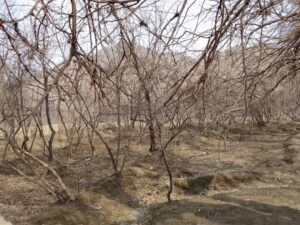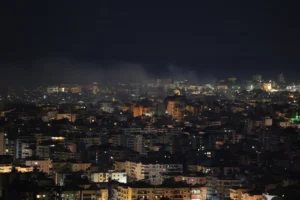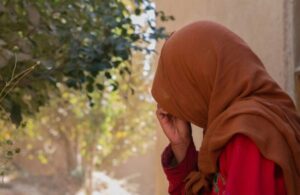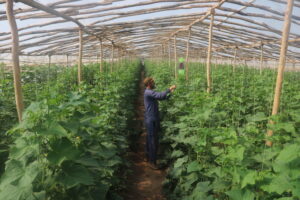KABUL (SW) – Despite maintaining diplomatic relations with the Islamic Emirate, Russia remains one of the few countries persistently voicing concerns about security threats originating from Afghan soil over the past three years.
Recently, Sergei Shoigu, Secretary of Russia’s Security Council, alleged at a meeting in Kazakhstan that terrorist groups in Afghanistan have established camps, endangering the security of Central Asian countries.
This comes in the wake of Russia’s efforts to remove the Islamic Emirate from its terrorism blacklist and its support for Afghanistan’s membership in the Shanghai Cooperation Organization.
The juxtaposition of these actions with Russia’s expressed concerns has raised questions about the country’s policy towards Afghanistan.
Expert on political affairs Mohammad Zalmai Afghanyar Popal told Salam Watandar, “Russia’s relations with Afghanistan are currently ambiguous; on one hand, they engage in talks based on mutual interests, and on the other hand, high-ranking officials discuss issues related to instability.”
Experts emphasize that the concerns raised by Russia require thorough examination, warning that the continuation of this approach could be detrimental to Afghanistan and escalate competition among countries over Afghan issues.
Yousuf Amin Zazi, a political and security affairs analyst, commented, “On one hand, they seek engagement, and on the other, they make accusations. What is this about? If terrorism truly exists here and threatens global and regional security, the Security Council and countries must make decisions and present evidence to the Afghan people.”
Another political and security affairs analyst Sadeq Shinwari added that the Islamic Emirate “must provide evidence” to address the regional countries’ concerns about potential threats from Afghan soil.
This discussion arises as Russia hosts acting ministers of education, higher education, and labor and social affairs of the Islamic Emirate, despite the United Nations Security Council’s travel restrictions on them.






